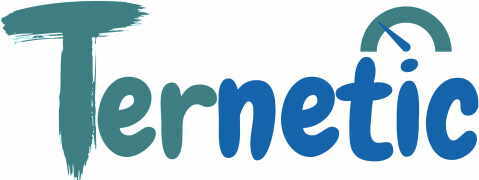What is a 401(k) Plan?
It’s really important to save money for retirement. A 401(k) plan is a great way to do so. It’s a type of retirement plan that employers offer, and it lets you save money for your retirement right out of your paycheck. The money you save, along with any earnings, grow over time.
How Much Can You Contribute to a 401(k)?
The amount of money you can put into a 401(k) varies depending on the plan and the employer. For 2021, the maximum amount that you can contribute to a 401(k) is $19,500. However, if you’re over the age of 50, you can contribute an additional $6,500 as a catch-up contribution.
What Are the Tax Benefits of a 401(k)?
One of the main benefits of a 401(k) plan is that the money you contribute is tax-deferred. What does that mean? It means that the money you contribute to your 401(k) is taken out of your paycheck before taxes. So, your taxable income for the year will be lower, which can lower your tax bill.
What Happens if You Leave Your Job?
If you leave your job, you can still keep your 401(k) plan. You have a few different options. You can leave the money in your old employer’s plan, roll it over to a new employer’s plan, or roll it over to an Individual Retirement Account (IRA).
How Do You Choose Your Investments?
When you sign up for a 401(k) plan, you’ll be given a list of investment options. This can include things like mutual funds or target-date funds. It’s important to do your research and choose investments that fit your specific needs and goals.
When Can You Withdraw from Your 401(k)?
You can start withdrawing from your 401(k) plan when you reach the age of 59 ½. If you withdraw money before that age, you may have to pay a penalty. It’s important to only withdraw money if you really need it, since the money you withdraw won’t be there to grow for your retirement.
What Happens to Your 401(k) When You Die?
If you pass away before you use all of your 401(k) money, your heirs will inherit it. Depending on the circumstances, your heirs may have to pay taxes on the money they inherit.
Conclusion:
Now you know the basics of a 401(k) plan. By saving money for your retirement in a 401(k), you can take advantage of tax benefits and watch your money grow over time. It’s important to do your research and make informed decisions so that you can retire comfortably. Start saving today!

0 comments